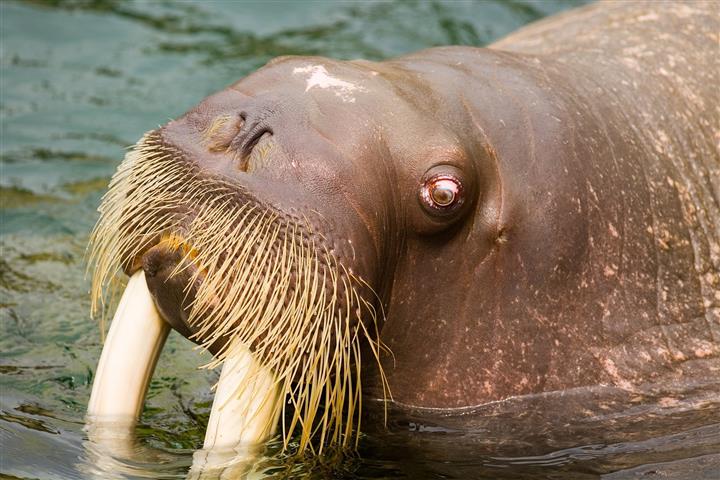
Amazing scientists worldwide are fighting to save our planet and its incredible species. And, it is easy to think, if you don’t have a scientific background, that there is nothing you can do to contribute to their work. Fortunately, this is not the case – citizen science projects are immensely valuable for scientists and are even fun to take part in.
What is Citizen Science?
Citizen, or community, science is scientific research that relies on the public collecting data. There are so many questions to answer that there can never be enough scientists, which is where we come in. With our help, scientists can collect huge amounts of information about the world in which we live.
How does Citizen Science work?
With the development of smartphones and social media, it is easier than ever to participate in citizen science projects. Every project will differ, but generally, you collect data and submit your findings, usually online. Scientists then collate the data, analyse it and draw conclusions, which they then use to identify areas of interest for further research or to influence the decisions of governments and organisations.
What citizen science projects can I take part in?
There are many projects to choose from. Here we share two examples, and you can follow these links for more ideas:
The big garden birdwatch

The Big Garden Birdwatch, run by the RSPB in the UK, is the largest wildlife survey in the world and has been running for over 40 years. Participants count the number and species of birds seen in their gardens for an hour over the last weekend in January every year. So far, the data has shown which species of birds are thriving and which species need our help. It has shown us that some blackcaps (usually summer migrants in the UK) are now choosing to overwinter there – further evidence of the rising temperatures caused by climate change.
Walrus from space

Walrus From Space is a project jointly run by WWF and the British Antarctic Survey. Over five years, they aim to carry out the very first census of the entire population of Atlantic and Laptev walruses. This data will show what effects the rapidly warming climate is having on this vulnerable species. Participants will participate in a short online tutorial before helping by searching for walruses in satellite images.
How can I get involved?
The easiest way to find citizen science projects is to go online. You can take part in projects like Walrus From Space from anywhere but, for projects closer to home try searching local wildlife reserves and National Parks. Not all of them will involve a computer either. Many involve being outside, collecting data first-hand, such as counting the faecal pellets of snowshoe hares in Denali National Park or monitoring the nesting success of Common Loons in Glacier National Park.
However you choose to get involved, you will be satisfied knowing that you have contributed vital data to projects committed to monitoring and protecting our natural world. These projects would be much more difficult or even impossible without your help!
Blog by OneKind volunteer writer Ami Patrick.